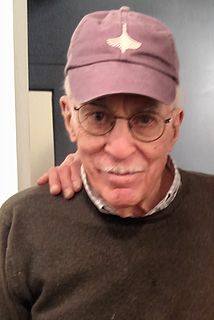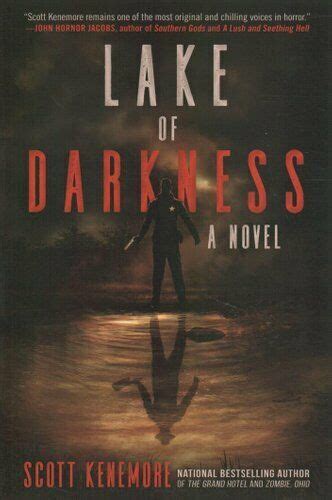A Quote by Margaret Mead
The way to do fieldwork is never to come up for air until it is all over.
Related Quotes
I was a lousy academic. I spent most of my time in the cafeteria. But I met fantastic people from all kinds of fields; law, medicine, history, and they eventually dispersed all over the world to do their fieldwork. I liked the way these people committed to the long term in a sincere, visionary way. Their projects weren't about "next season." They were ten-year commitments. They were lifestyle choices that had traditions of fieldwork built into them - moving around, living on location, discipline, a real rigor for research.
How do you like to go up in a swing,
Up in the air so blue?
Oh, I do think it the pleasantest thing
Ever a child can do!
Up in the air and over the wall,
Till I can see so wide,
River and trees and cattle and all
Over the countryside.
Till I look down on the garden green,
Down on the roof so brown-
Up in the air I go flying again,
Up in the air and down!
I write first drafts feverishly fast, and then I spend years editing. It's not that sentence-by-sentence perfectionist technique some writers I admire use. I need to see the thing, in some form, and then work with it over and over and over until it makes sense to me - until its concerns approach me, until its themes come to my attention. At that editing stage, the story picks itself and it's just up to me to see it, to find it. If I've done a good job, what it all means will force me to confront it in further edits.
When fighting zombies, the only comfort one can have--if, indeed, it can be called a "comfort"--is knowing where the zombies are. "They are over there, and we are over here. When they come at us, we're going to shoot them down. That's how it's going to work. They're just zombies, and they're way over there. No way are we going to f*** this up." But when zombies then unexpectedly pop up behind you--Bam!--the whole battle plan's not so cut and dried, is it, Mr. Tough Guy?
Over the years, I've come to realize that sometimes a ghost isn't always a ghost. Sometimes, telling a ghost story is a way to talk about something else present in the air, taking up space beside you. It can also be a manifestation of intuition, or something you've known in your bones but haven't yet been able to accept.
I was adored [as a kid]. I was always in the air, hurled up and kissed and thrown in the air again. Until I was six, my feet didn't touch the ground. "Look at those eyes! That nose! Those lips! That tooth! Get that child away from me, quick! I'll eat him!" Giving that up was very difficult later on in life.




































